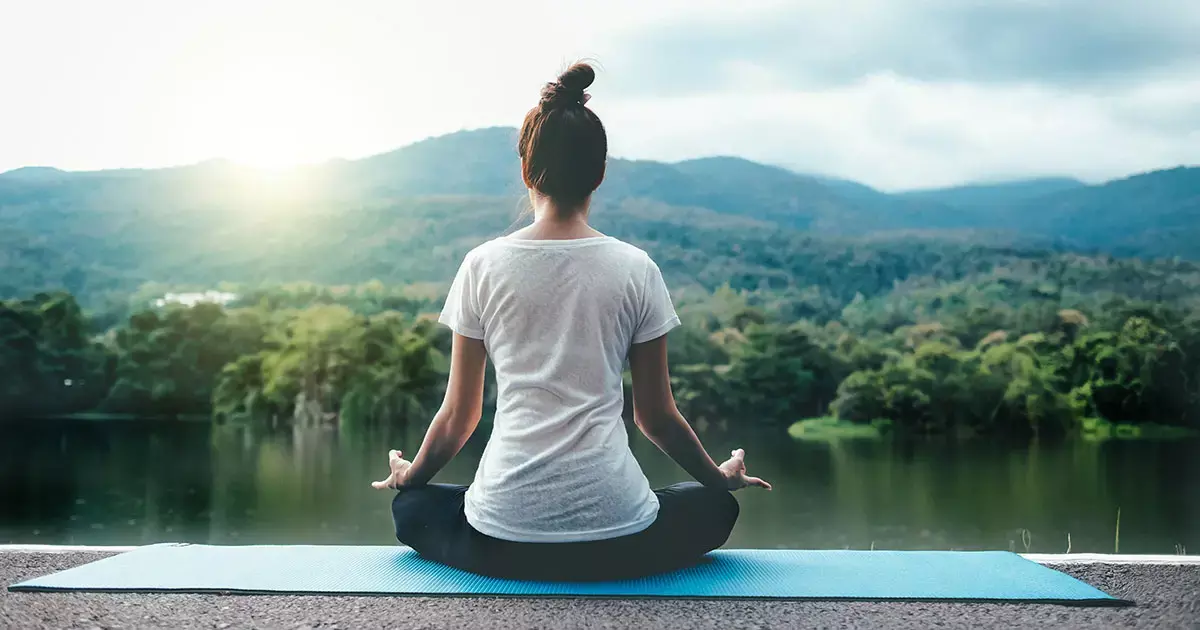- Home
- Medical news & Guidelines
- Anesthesiology
- Cardiology and CTVS
- Critical Care
- Dentistry
- Dermatology
- Diabetes and Endocrinology
- ENT
- Gastroenterology
- Medicine
- Nephrology
- Neurology
- Obstretics-Gynaecology
- Oncology
- Ophthalmology
- Orthopaedics
- Pediatrics-Neonatology
- Psychiatry
- Pulmonology
- Radiology
- Surgery
- Urology
- Laboratory Medicine
- Diet
- Nursing
- Paramedical
- Physiotherapy
- Health news
- Fact Check
- Bone Health Fact Check
- Brain Health Fact Check
- Cancer Related Fact Check
- Child Care Fact Check
- Dental and oral health fact check
- Diabetes and metabolic health fact check
- Diet and Nutrition Fact Check
- Eye and ENT Care Fact Check
- Fitness fact check
- Gut health fact check
- Heart health fact check
- Kidney health fact check
- Medical education fact check
- Men's health fact check
- Respiratory fact check
- Skin and hair care fact check
- Vaccine and Immunization fact check
- Women's health fact check
- AYUSH
- State News
- Andaman and Nicobar Islands
- Andhra Pradesh
- Arunachal Pradesh
- Assam
- Bihar
- Chandigarh
- Chattisgarh
- Dadra and Nagar Haveli
- Daman and Diu
- Delhi
- Goa
- Gujarat
- Haryana
- Himachal Pradesh
- Jammu & Kashmir
- Jharkhand
- Karnataka
- Kerala
- Ladakh
- Lakshadweep
- Madhya Pradesh
- Maharashtra
- Manipur
- Meghalaya
- Mizoram
- Nagaland
- Odisha
- Puducherry
- Punjab
- Rajasthan
- Sikkim
- Tamil Nadu
- Telangana
- Tripura
- Uttar Pradesh
- Uttrakhand
- West Bengal
- Medical Education
- Industry
A short Mindfulness practice Can Improve biomarkers of stress and inflammation

A growing body of evidence suggests that Mindfulness meditation may have positive psychological and health effects in both clinical and nonclinical populations. A recent study added further value by highlighting the positive impact of mindfulness practice on biomarkers of stress and inflammation in promoting psychological well-being through a decrease in perceived stress and anxiety levels and an increase in awareness. The study findings were published in the Psychoneuroendocrinology on January 2022 issue.
Extensive evidence in the literature demonstrates that Mindfulness practice can reduce psychological symptomatology and supports the notion that Mindfulness-based programs may be beneficial for individuals coping with a wide variety of clinical and non-clinical problems. However, concerns remain about the subjectivity of these self-reports which may not reflect bodily states in a valid or reliable manner. Therefore, Dr Concetta Gardi and her team conducted a study to assess the effect of an intensive period of Mindfulness practice on some biological mediators of stress and inflammation during a 3-day residential retreat.
In a randomized cohort study, the researchers included 95 healthy individuals and assigned them to a Mindfulness retreat arm or an active control arm. They assessed the salivary cortisol levels and a panel of pro-and anti-inflammatory cytokines before (t0) and after (t1) the intervention. They assessed the psychometric measures on stress, anxiety and awareness using PSS, STAI-Y and MAAS questionnaires, respectively.
Key findings of the study:
- Upon analyzing the within-group differences, the researchers observed a statistically significant decrease in perceived stress (β = − 8.85) and anxiety scores (β = − 12.39), while awareness increased (β = 15.26) between t0 to t1 in retreat participants.
- In the mindfulness intervention group, they found a significant reduction in the levels of pro-inflammatory cytokines IL-6 (β = − 0.94) and IL-8 (β = − 176.40), and an increase in anti-inflammatory IL-10 (β = 0.89) levels at the end of the retreat.
- At t1, they noted a highly significant correlation between cortisol levels and both anxiety (r = 0.56) and perceived stress (r = 0.92) scores.
The authors concluded, "Mindfulness retreat participants showed a significant reduction in perceived stress and anxiety levels, as well as an improved balance of some key mediators of inflammatory states."
They further added, "Our data provide evidence that a mindfulness retreat may be effective in improving physical and mental health. Future studies with larger numbers of subjects and follow-up periods may examine mindfulness practice as a non-pharmacological alternative to promote stress reduction and overall health and wellbeing."
For further information:
Medical Dialogues Bureau consists of a team of passionate medical/scientific writers, led by doctors and healthcare researchers. Our team efforts to bring you updated and timely news about the important happenings of the medical and healthcare sector. Our editorial team can be reached at editorial@medicaldialogues.in.
Dr Kamal Kant Kohli-MBBS, DTCD- a chest specialist with more than 30 years of practice and a flair for writing clinical articles, Dr Kamal Kant Kohli joined Medical Dialogues as a Chief Editor of Medical News. Besides writing articles, as an editor, he proofreads and verifies all the medical content published on Medical Dialogues including those coming from journals, studies,medical conferences,guidelines etc. Email: drkohli@medicaldialogues.in. Contact no. 011-43720751


